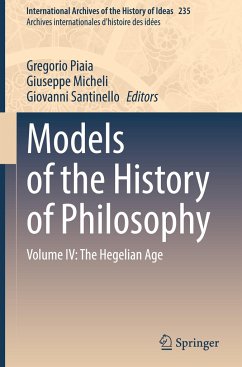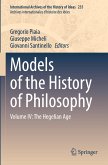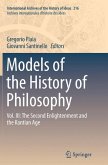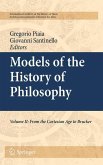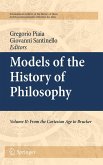This is the fourth volume of Models of the History of Philosophy, a collaborative work on the history of the history of philosophy dating from the Renaissance to the end of the nineteenth century. The volume covers the so-called Hegelian age, in which the approach to the past of philosophy is placed at the foundation of "doing philosophy", up to identifying with the same philosophy. A philosophy which is however understood in a different way: as dialectical development, as hermeneutics, as organic development, as eclectic option, as a philosophy of experience, as a progressive search for truth through the repetition of errors... The material is divided into four large linguistic and cultural areas: the German, French, Italian and British. It offers the detailed analysis of 10 particularly significant works of the way of conceiving and reconstructing the "general" history of philosophy, from its origins to the contemporary age. This systematic exposure is preceded and accompanied by lengthy introductions on the historical background and references to numerous other works bordering on philosophical historiography.

